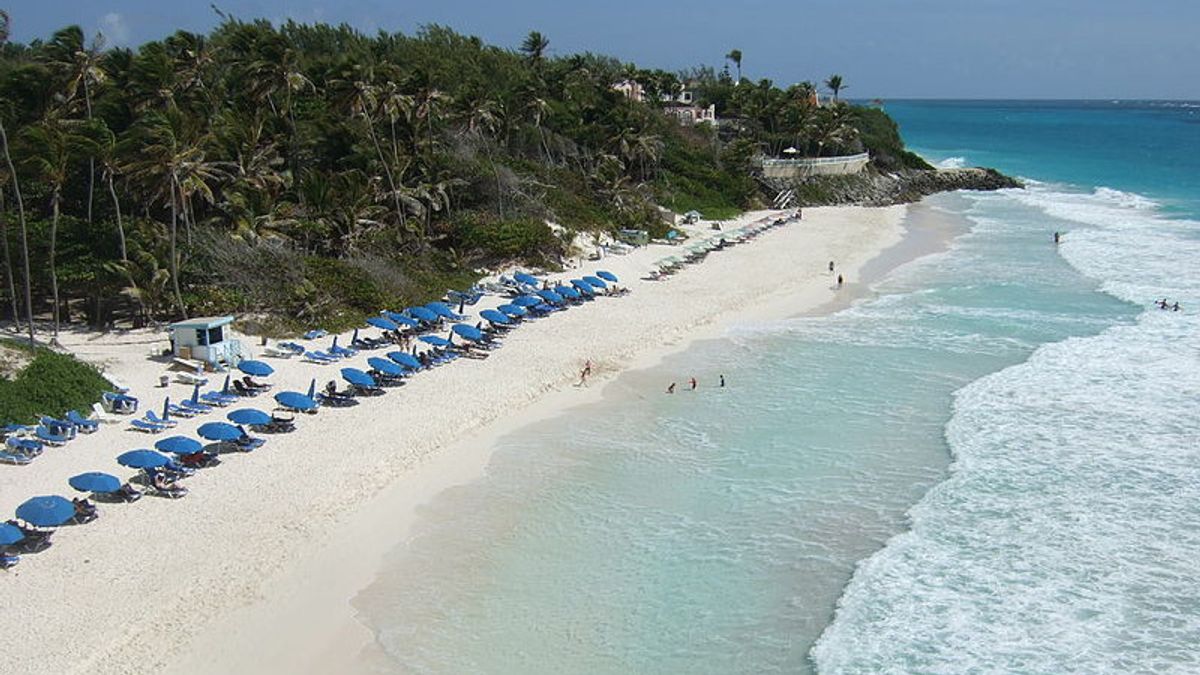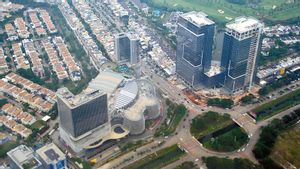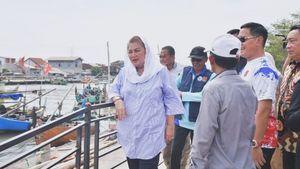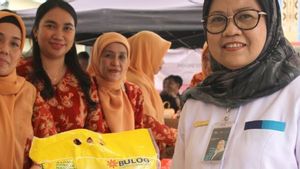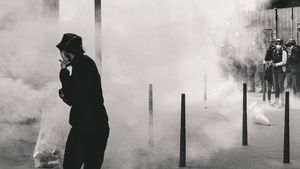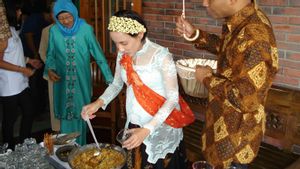JAKARTA - On November 30, 1966, Barbados became independent from Britain. However, Barbados is a member of the Commonwealth, which is still influenced by the British monarchy.
The British had full control over Barbados, especially supervising the Governor of Barbados, Lord Francis Willoughby. At that time Willoughby had planned to hold a legislature and declare independence. But in 1651, the uprising and the "declaration of independence" were rebuffed by the British Naval Fleet and Barbados was forced to surrender.
Britain did emerge victorious and thwarted other independence attempts including the slave revolt at the time. But that doesn't mean England are making a last-ditch effort. The Barbados people's desire was even more burning to free themselves from British control.
After successful independence, Errol Barrow was elected Prime Minister (PM) of Barbados. Citing Britannica, Barrow formed the Caribbean Free Trade Association, which became the Caribbean Community and Common Market (Caricom) in 1973. Barbados also maintains relations with other developing countries.
Throughout the post-independence period, Barbados had the most stable political system of any country in the Caribbean. The Democratic Labor Party (DLP) led Barbados to independence and continued to lead until 1976. After that, in periodic elections, the DLP and the Barbados Labor Party (BLP) took turns leading the government.

Even though Barbados had declared independence, Britain maintained control over Barbados politics and trade. Even after declaring independence from Britain and becoming a parliamentary democracy, Barbados still recognized the British monarch as head of state, making it a constitutional monarchy.
To quote French24, Barbados also continued to be a slave state to England. Barbados received 600,000 Africans who were enslaved between 1627 and 1833. The slaves were put to work on sugar plantations, bringing wealth to England. More than 10 million Africans were shackled into the slave trade by European countries between the 15th and 19th centuries. Those who survived the inhuman journey ended up working hard on the plantations.
EscapeA government commission in the 1970s discussed claims regarding Barbados becoming a republic. But they advise against it. They feel that similar experiments in Caribbean countries such as Suriname and Guyana have led to authoritarianism and instability.
Even Barbados leaders who want to break away from the monarchy admit that they still live in a world created by colonialism. They have a highly dependent economy by attracting sun-starved British tourists.
On the other hand, the development of the Barbados community has had tremendous success. With some of the best human development indicators in the world as a colonized country and having a huge leap from the desperate state of British rule.
“Barbados has a very strong public service system, great education, good health care,” said University of Toronto history professor Melanie Newton, citing The Guardian. "And a lot of that is paid for by tourism and international business and investment banking," he added.
Today, November 30, 2021, Barbados will remove Queen Elizabeth II as its head of state. Barbados became a new republic and broke almost 400 years of colonial ties with Britain.
Prince Charles attended Barbados' transition to a republic. The founding of the Republic of Barbados could also be a discussion for other former colonies to break with the British monarchy.
Governor General of Barbados since 2018, Dame Sandra Mason, has been appointed president. He was elected by ballot in parliament last month. Mason replaces Queen Elizabeth II as head of state.
"The Republic of Barbados has sailed on its maiden voyage. May she overcome all storms and land our country and citizens safely on the horizon and shores that lie ahead of us," he said after being sworn in.
The Prime Minister of Barbados, Mia Mottley, who is also the leader of the Barbados republican movement, helped preside over the ceremony. Mottley won global attention by denouncing the impacts of climate change on small Caribbean nations.
*Read other information about TODAY's HISTORY or read other interesting articles from Putri Ainur Islam.
TODAY'S HISTORY MoreThe English, Chinese, Japanese, Arabic, and French versions are automatically generated by the AI. So there may still be inaccuracies in translating, please always see Indonesian as our main language. (system supported by DigitalSiber.id)
